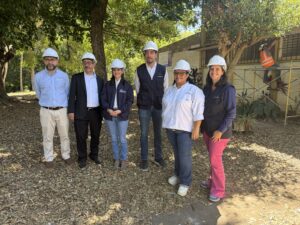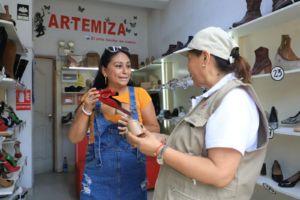
Small and Medium Enterprises (SMEs) in El Salvador face an increasingly competitive and changing environment, where sustainability is not only an option, but a necessity to ensure their permanence in the market. The implementation of circular finance is presented as a strategic tool to achieve this sustainability, integrating efficiency in the use of resources and waste reduction in business models.
Circular finance is based on the principle of keeping resources in use for as long as possible, extracting the maximum value from them while they are in circulation, and then, at the end of their useful life, regenerating products and materials to create a continuous cycle of value. For salvadoran SMEs, this means a focus on reuse, repair, recycling and remanufacturing, rather than simply buying and discarding resources.

To implement these practices, SMEs should begin by conducting a detailed analysis of their production processes, identifying areas where waste can be reduced or materials reused. This not only helps to reduce costs, but also strengthens the company’s image in the eyes of consumers who value environmental responsibility.
In addition, it is crucial for SMEs to seek strategic alliances with other companies and organizations that share the circular approach, allowing the exchange of resources and knowledge that will enhance efficiency and reduce environmental impact. Access to financing for sustainable projects, through banks or government programs, is also key to facilitating the transition to a circular model.
Finally, staff training in sustainable practices is fundamental. A knowledgeable and committed team can make all the difference in the successful implementation of circular finance. In El Salvador, with the right support, SMEs can not only survive, but thrive in a world where sustainability is the norm, not the exception.







